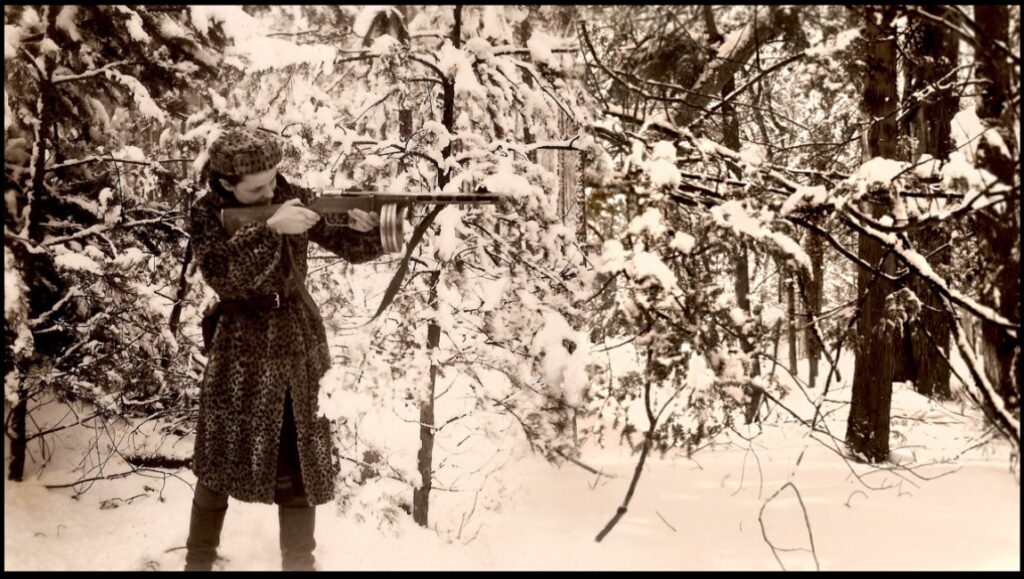Julia Mintz’ Four Winters ends up being nothing more than a collection of haphazard, indecipherable narratives.
A recounting of Jewish resistance toward, and despite, the horrors of the Final Solution, Four Winters is Julia Mintz’s attempt — one would assume — to create a cogent mosaic of this collective struggle. Unfortunately, the work is nothing but an exercise in reductionism. Cobbled together from a plethora of talking head interviews intercut with archival footage, it mostly forgoes historical continuity, divesting the memories of former partisans of cause and effect, motive and context. The film offers little in the way of contextualizing these haphazardly arranged, near-indecipherable narratives: to parse its isolated interviews and find a semblance of intention beyond superficiality and immediacy is a fool’s errand.
Damningly, Mintz accords no single interviewee the entitlement of a lone, subjective voice; she deals in fragmentation instead, which, under the already tight constraints of the documentary form (about 8 subjects and their years of experience, truncated into a digestible 90 minutes), abstracts each torment and history into sound bites and empty provocation. Is this how we respect survivors — those who fought against their oppressors? To witness the ethics of many a documentary is never without outrage, as their expositional tendencies and commercial opportunism are, even more gratingly, too often steeped in the feature-length aestheticism of a Frankensteined historiography. Inter-titles are sporadically employed to offer some context here, but all they do is remove history from historicity. The story of the Holocaust is one’s own, as it is for all those descendants of fascist atrocities. It is well past the time of conceding to a gross Holocaust industry, or reducing those experiences to consumer theater. If documentarians are to approach the subjectivities of those still alive and willing to divulge their experiences, they must do better; they must first be willing to sit alongside their interviewees for as long as the latter are individually willing to talk, and they should sit in their silences, their grief, and their solemnity. Using those moments as classical narrative fodder is of no use to anyone anymore.
Published as part of Before We Vanish — September 2022.


Comments are closed.